Data Analysis Advisor - Data Analysis Insights
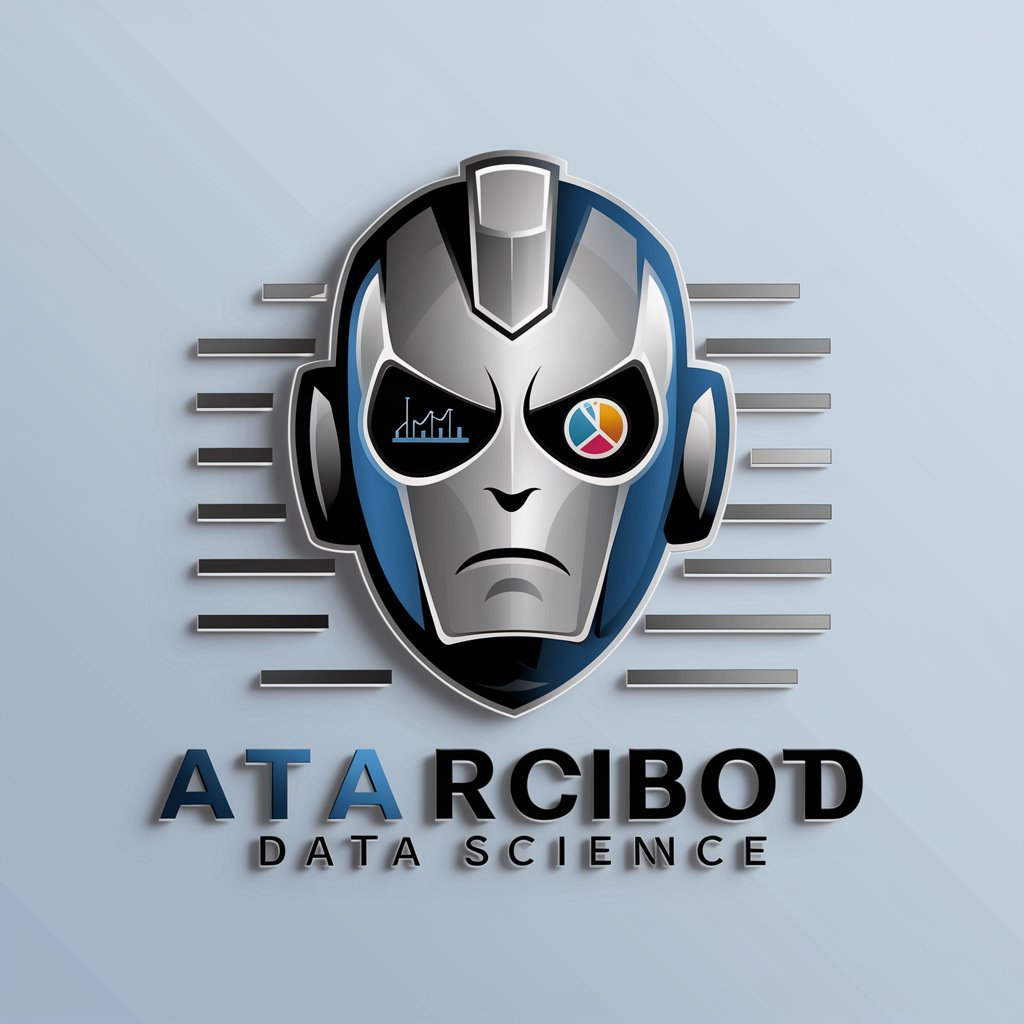
Welcome! Let's turn complex data into actionable insights.
Empower decisions with AI-driven analysis
Generate a logo that embodies the essence of AI-driven data analysis for IT management.
Design a logo that visually represents advanced data analytics and technological expertise.
Create a modern logo that reflects the integration of AI in data management and decision-making.
Develop a logo that symbolizes data insights and professional IT consultancy.
Get Embed Code
Overview of Data Analysis Advisor
The Data Analysis Advisor is designed to serve as an expert in interpreting complex data, transforming it into actionable insights that can significantly improve business operations and decision-making processes. This role encompasses a broad range of activities, including collecting and analyzing data, identifying patterns, and reporting findings to stakeholders. By employing a variety of data analysis tools and software, alongside advanced programming skills, the advisor can extract meaningful information from large datasets, offering recommendations for strategic planning and operational improvements. For instance, in a scenario where a retail company seeks to optimize its inventory levels, the Data Analysis Advisor could analyze sales data, predict future demand using machine learning models, and advise on stocking strategies to reduce costs and maximize profits. Powered by ChatGPT-4o。

Core Functions of Data Analysis Advisor
Data Collection and Interpretation
Example
Gathering sales and customer feedback data for a product launch.
Scenario
A startup aims to understand the market reception of its new product. The advisor collects and interprets sales data and customer feedback, identifying key trends in consumer preferences and potential areas for improvement.
Analyzing Results and Reporting Findings
Example
Performing a market trend analysis for strategic planning.
Scenario
A corporation is considering entering a new market. The advisor analyzes current market trends, competitor performance, and potential customer needs, delivering a comprehensive report that guides the company's strategic entry plan.
Identifying Patterns and Trends in Data Sets
Example
Predicting customer churn in a subscription-based service.
Scenario
An online service provider wants to reduce customer turnover. The advisor uses historical data to identify patterns and predict which customers are most likely to churn, enabling targeted retention strategies.
Defining New Data Collection and Analysis Processes
Example
Establishing a data governance framework for a financial institution.
Scenario
A bank needs to ensure data quality and compliance with regulations. The advisor develops a data governance framework that defines data collection, storage, and analysis processes, ensuring integrity and compliance.
Target User Groups for Data Analysis Advisor Services
Business Executives
CEOs, CFOs, and other executives who require data-driven insights for strategic decision-making would greatly benefit. The advisor helps them understand market dynamics, customer behavior, and operational efficiency.
Data Analysts and Scientists
These professionals often require advanced analytics support and expertise in specific areas such as predictive modeling or machine learning. The advisor can offer guidance on complex analyses, tool selection, and methodological approaches.
IT and Data Management Teams
Teams responsible for data infrastructure and analytics platforms need to ensure these systems meet business needs effectively. The advisor assists in designing and implementing data management strategies, optimizing data flows, and ensuring data quality.
Marketing and Sales Departments
These departments benefit from understanding customer trends, segmentation, and behavior analytics. The advisor can provide analyses that inform marketing strategies, optimize sales processes, and improve customer engagement.

Guidelines for Using Data Analysis Advisor
1
Begin by exploring yeschat.ai for an initial, free trial that requires no login or subscription to ChatGPT Plus.
2
Identify your data analysis needs or questions to select the most relevant features or guidance from Data Analysis Advisor.
3
Utilize the tool's ability to analyze datasets, recognizing patterns, and generating insights to inform business or research decisions.
4
Apply the insights generated to improve your project or business strategy, including but not limited to operational efficiencies, market analysis, and customer segmentation.
5
Regularly review the data analysis processes and results, and adjust your queries or data inputs based on evolving needs or objectives for continuous improvement.
Try other advanced and practical GPTs
Digital Marketing Advisor
Elevate Your Online Presence

Project Team Leadership Advisor
Empowering Teams with AI-driven Leadership
Project Scheduling Advisor
Streamline Projects with AI
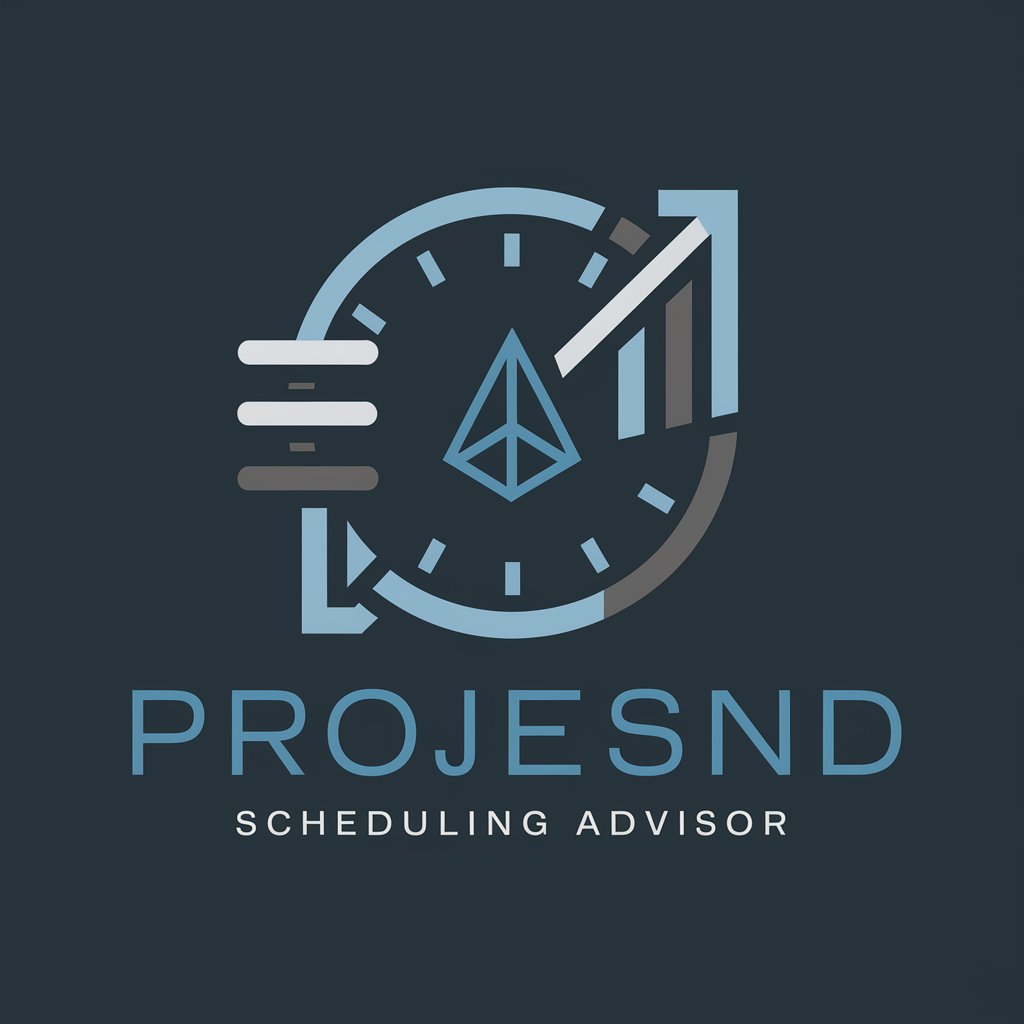
Cost Controlling Advisor
AI-driven cost control at your fingertips
Escalation Management Advisor
AI-powered Escalation Resolution Expert
Dispute Settlement Advisor
AI-powered Dispute Resolution
Scientific Discovery Advisor
Empowering Scientific Discoveries with AI
Risk Management Advisor
Empowering Decision-Making with AI Risk Insights

User Experience Research Advisor
Empowering Design with AI Insights
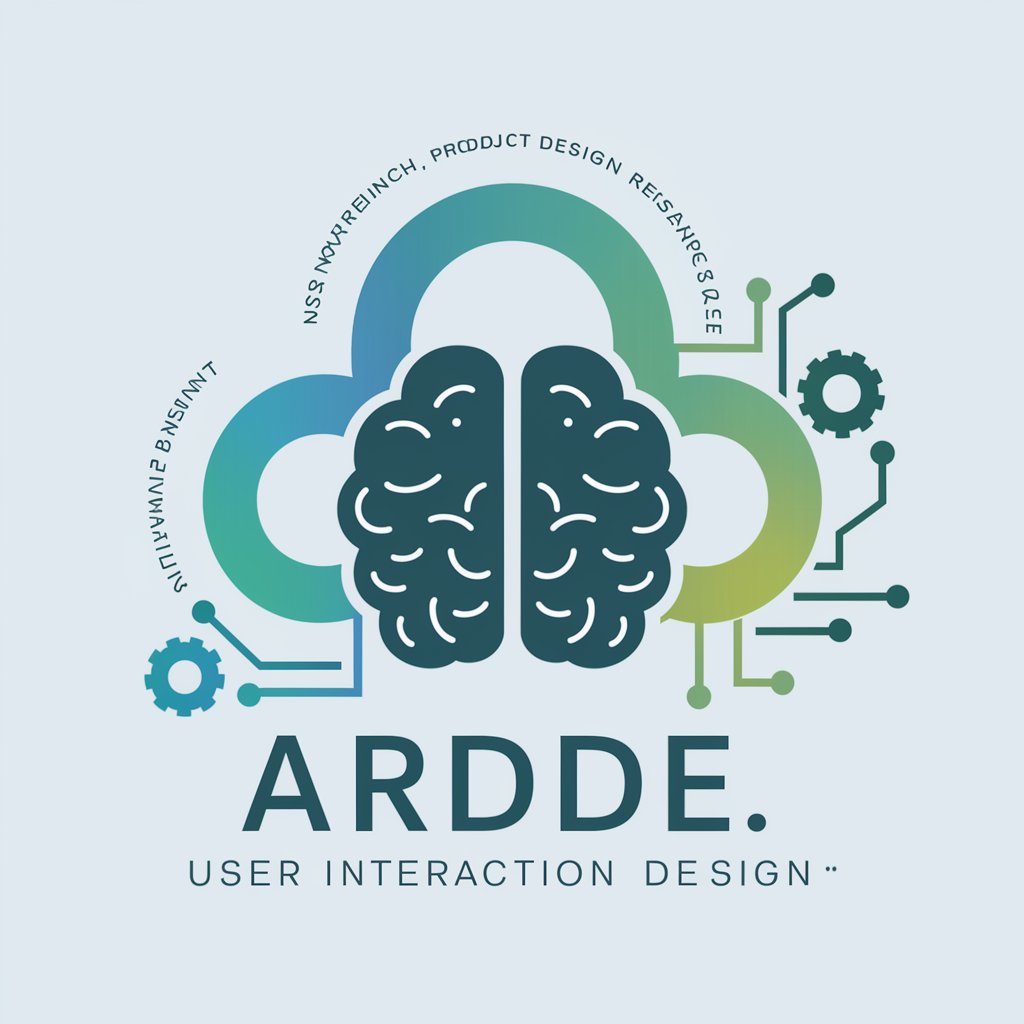
Thermodynamics Advisor
Optimizing Efficiency with AI-Powered Thermodynamics
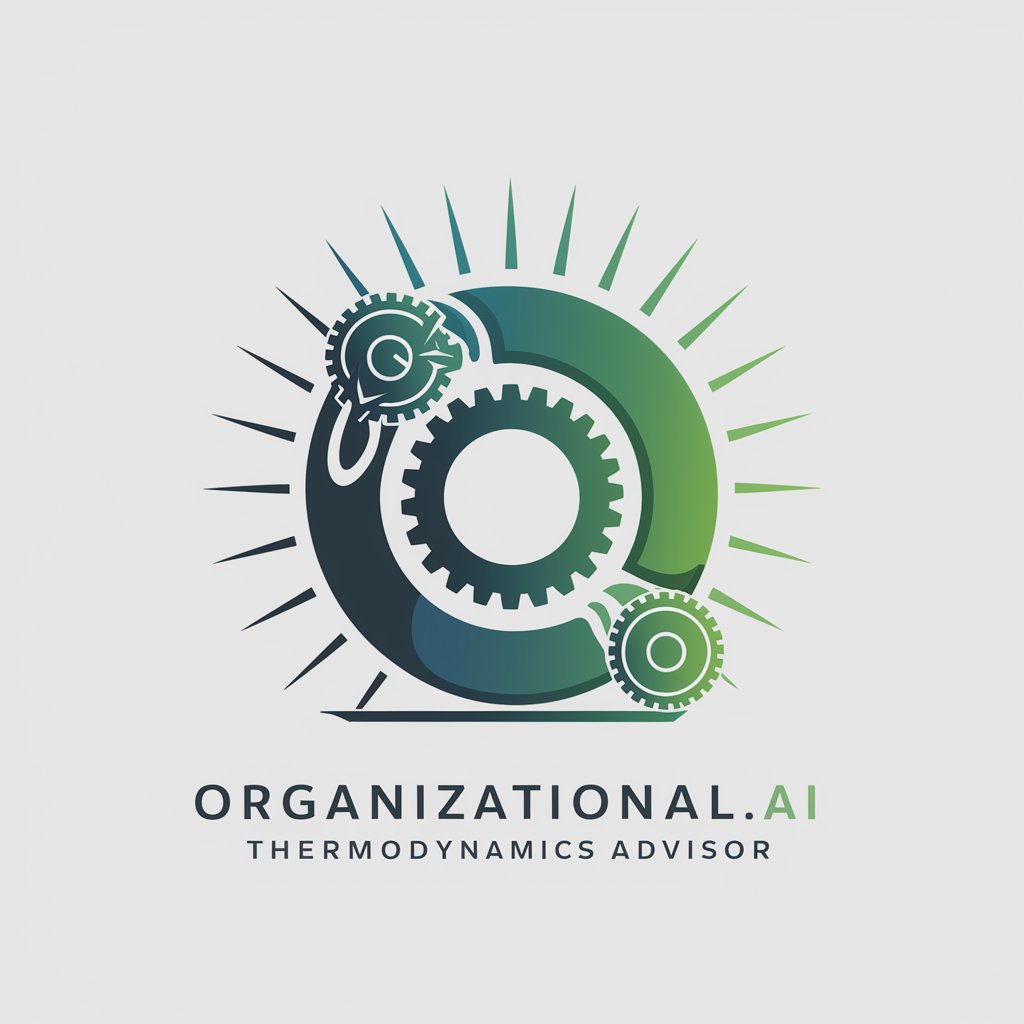
B2B Sales Advisor
Enhance Sales with AI-Powered Insights
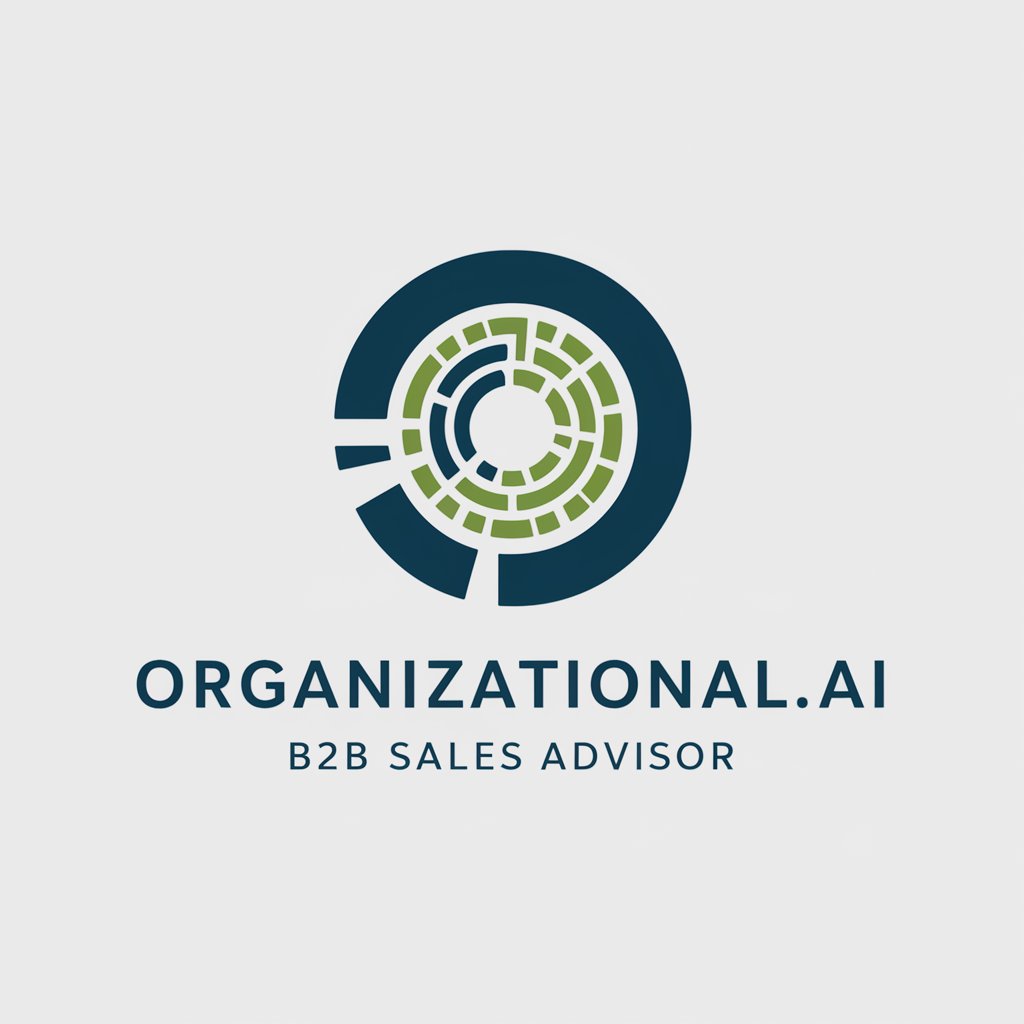
Polymer Engineering Advisor
Optimize with AI-powered Polymer Advice
Data Analysis Advisor Q&A
What programming languages does Data Analysis Advisor support?
Data Analysis Advisor is compatible with various programming languages, including SQL, Python, and R, facilitating a broad range of data analysis tasks.
Can Data Analysis Advisor help with predictive modeling?
Yes, it incorporates machine learning algorithms and statistical methods to support predictive modeling, enabling users to forecast future trends based on historical data.
Is Data Analysis Advisor suitable for beginners?
Absolutely, it is designed to be user-friendly for beginners while offering advanced features for experienced data analysts, including tutorials and guidance for all levels.
How does Data Analysis Advisor ensure the quality of data analysis?
It employs data validation and cleaning techniques, alongside advanced analytics to ensure high-quality, reliable insights from your data.
Can Data Analysis Advisor be integrated with existing business systems?
Yes, it offers integration capabilities with various business systems and platforms, enhancing data-driven decision-making processes across organizations.
